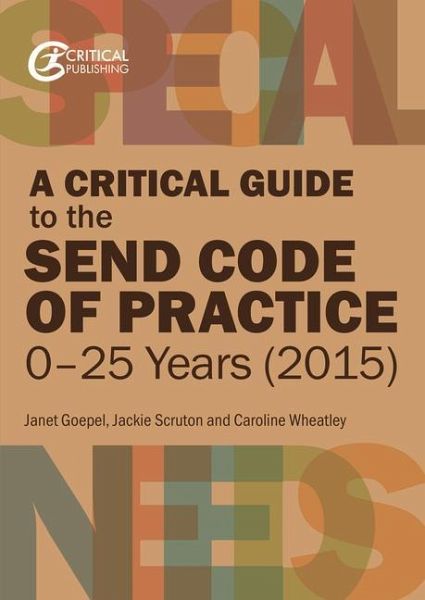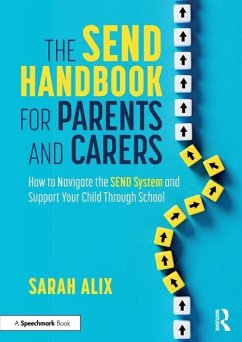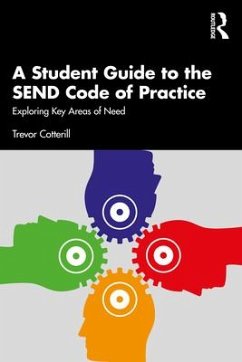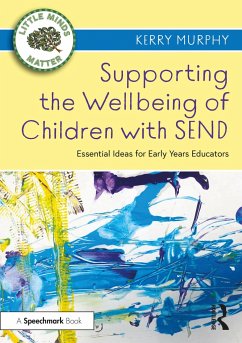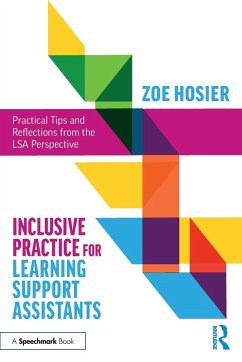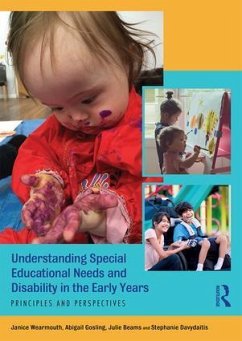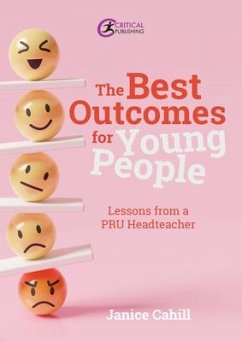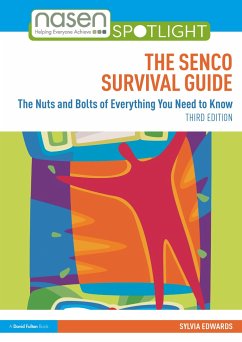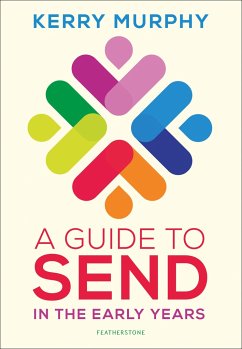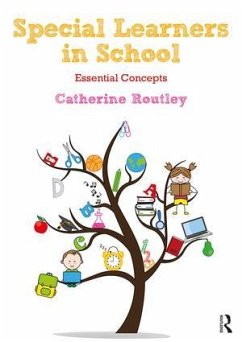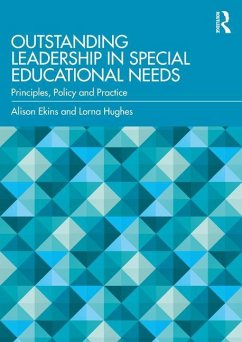A Critical Guide to the SEND Code of Practice 0-25 Years (2015)
Versandkostenfrei!
Versandfertig in 2-4 Wochen
Weitere Ausgaben:

PAYBACK Punkte
17 °P sammeln!




A practical guide to the SEND CoP for trainees, teachers and other health and social care professionals working with children and young people who present with special educational needs or disability.
Janet Goepel was a teacher for many years, working with a range of children with the label of SEN. She moved to working in higher education teaching inclusion and special educational needs after completing her Masters. Her doctoral thesis is concerned with the professionalism of doctors and teachers in working together to support children with special educational needs. She is currently a senior lecturer in primary education at Sheffield Hallam University and teaches inclusion and special educational needs on both the undergraduate and postgraduate initial teacher training courses. She is the leader for the PCGE award in Special Educational Needs Coordination and also the National Priority Lead for Special Educational Needs and Disability (SEND) for all primary and early years teacher education courses within the university. Jackie Scruton qualified as an NNEB and spent the next 14 years working in a variety of settings including a residential boarding school for boys with emotional and behavourial difficulties, an inner city family centre, a special school and further education colleges. She has an MA in SEN, now teaches in HE, and is a specialist member of the Special Educational Needs and Disability Tribunal (SENDIST). Caroline Wheatley taught for many years within the primary age phase. She became a SENCO and subsequently trained as a specialist teacher in dyslexia and literacy. She managed a local authority learning support service, and is now service leader for a group of 7 inclusion services which together address all four of the main areas of SEND. This current role enables her to see the graduated response to need at all levels in action on a daily basis, from the perspectives of children, young people and their families, as well as from colleagues in education, health and social care.
Produktdetails
- Verlag: Taylor & Francis Ltd
- Seitenzahl: 158
- Erscheinungstermin: 17. Februar 2020
- Englisch
- Abmessung: 245mm x 410mm x 8mm
- Gewicht: 298g
- ISBN-13: 9781913063337
- ISBN-10: 191306333X
- Artikelnr.: 56972045
Herstellerkennzeichnung
Libri GmbH
Europaallee 1
36244 Bad Hersfeld
gpsr@libri.de
Für dieses Produkt wurde noch keine Bewertung abgegeben. Wir würden uns sehr freuen, wenn du die erste Bewertung schreibst!
Eine Bewertung schreiben
Eine Bewertung schreiben
Andere Kunden interessierten sich für



